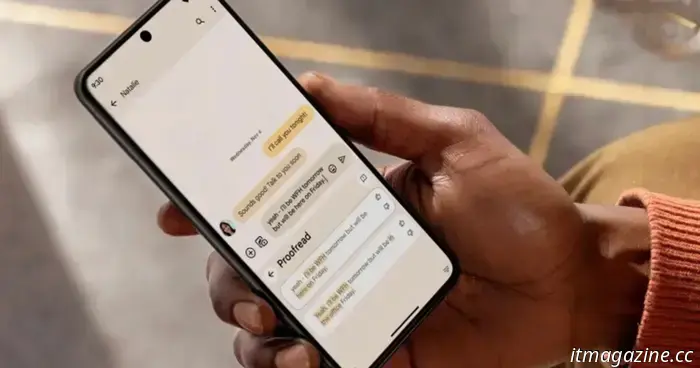
Can Google's latest AI experiment assist me in learning a language?
I have been living in Germany for nearly ten years, and I often feel embarrassed about my rather inadequate German language abilities. Like many others learning a language, I've reached a stage where I can comprehend spoken German, hold casual conversations, and navigate everyday scenarios, but I've never attained the level of comfort and vocabulary necessary for true fluency.
I am eager to enhance my language skills, but finding the time and resources for intensive classes has been a challenge. However, there may be a solution right on my phone.
Could AI be the answer?
Introducing Google
Digital Trends
Google has recently launched a series of three "bite-sized learning experiments" developed with its Gemini AI. These experiments are freely accessible, can be used in a web browser, and currently focus on a limited number of languages — including German, which is fortunate for me.
I was curious to see how these experiments would compare to using Google Translate. Like almost everyone I know, I rely heavily on Translate, particularly the camera feature that lets you take a picture of documents, such as letters, and receive an instant, fairly accurate translation. While I wouldn’t depend on these translations for formal documents or work purposes, they are incredibly helpful for quickly grasping the main ideas in lengthy texts.
The first experiment I explored is called Tiny Lesson, which allows you to input activities like "visiting a museum" or "going swimming." It then provides several words and phrases related to that activity, with the option to hear their pronunciations as well. There's also a tips section that offers guidance on grammar and sentence structure.
The results were rather basic, more fitting for language beginners, but everything was accurate and relevant. While it’s information you could find using Google Translate or an old-fashioned phrasebook, it’s convenient and could be beneficial for tourists wanting to look up key words and phrases before engaging in activities like dining at a restaurant, visiting a museum, or going to the beach.
Understanding slang
The second experiment, which I was most eager to try, is called Slang Hang. Its purpose is to teach users the informal ways in which people communicate in real-life conversations, as opposed to the formal interactions usually presented in language textbooks. Google states that the goal is to "generate a realistic conversation between native speakers for users to learn from," which sounded ideal for enhancing my conversational skills practically.
The idea is promising, but the actual experience was peculiar, to say the least. The lesson generated a few believable scenarios for me, such as two individuals meeting in a bookstore or acquaintances running into each other in a café. You can view simulated dialogues and click the sound icon to hear the text spoken aloud. Uncommon slang words or phrases are underlined, and you can click on them for further information and explanations. In my initial scenarios, I encountered a mix of unfamiliar phrases as well as ones I had heard in everyday conversations, which seemed beneficial.
Digital Trends
However, the experiment then presented me with a strange and perplexing exchange between two strangers in a park confronted by a pink pigeon. Confused, I consulted a German friend for his perspective. He confirmed that the language was technically correct, but something about the interchange felt off, coming across as stiff and unnatural.
He also pointed out that one of the slang terms in the dialogue — der Knaller — sounded like something his father might say, which would be quite out of place compared to the more casual and contemporary slang typical in our city. This highlights a significant challenge for this type of AI language instruction: the appropriateness of a slang phrase heavily depends on the social context. Correctly using slang necessitates a nuanced understanding of social cues, something AI clearly lacks.
For native English speakers, you can get a sense of how odd some of these dialogues are by exploring the AI-generated Slang Hangs designed to teach English. I tried this out of curiosity and encountered a slightly awkward exchange:
Image used with permission by copyright holder
Is this technically accurate? Yes. Does it feature recognizable English slang? Absolutely. Is this a conversation that two real people might legitimately have? Ehhhhh. Probably not.
Point and shoot
I suspect that the third experiment, called Word Cam, will be the most popular. This tool allows you to take a photo with your phone's camera, and it identifies the words for the objects surrounding you, essentially combining Google Lens and Google Translate.
Digital Trends
I was impressed with how effectively this feature worked, even identifying somewhat obscure items like specific gym equipment. When you click on a word presented, the app directs you to a screen displaying examples of that word in complete sentences. Once again, I found the relevance and usefulness of the sentences commendable, as they were tailored to specific contexts related to the objects.
I’m not completely certain that this experiment will be practical; I can't envision many scenarios where I would prefer taking a photo to looking up an equivalent English term in Google Translate. Nevertheless, it is engaging, and it functions well. It




Other articles
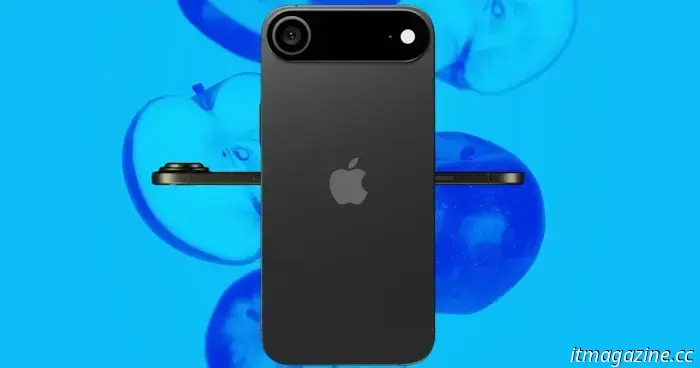 The iPhone 17 Air may fall short in battery life.
A recent report indicates that the iPhone 17 Air may face battery issues because of its size.
The iPhone 17 Air may fall short in battery life.
A recent report indicates that the iPhone 17 Air may face battery issues because of its size.
 The Walking Dead: Dead City season 1 summary: Key points to remember before season 2.
The Walking Dead: Dead City is set to return for its second season nearly two years after the first, making it the perfect opportunity for a recap.
The Walking Dead: Dead City season 1 summary: Key points to remember before season 2.
The Walking Dead: Dead City is set to return for its second season nearly two years after the first, making it the perfect opportunity for a recap.
 NYT Connections: clues and solutions for Sunday, May 4.
Connections is the latest puzzle game from the New York Times, and it can be pretty challenging. If you require assistance in solving today's puzzle, we're here to support you.
NYT Connections: clues and solutions for Sunday, May 4.
Connections is the latest puzzle game from the New York Times, and it can be pretty challenging. If you require assistance in solving today's puzzle, we're here to support you.
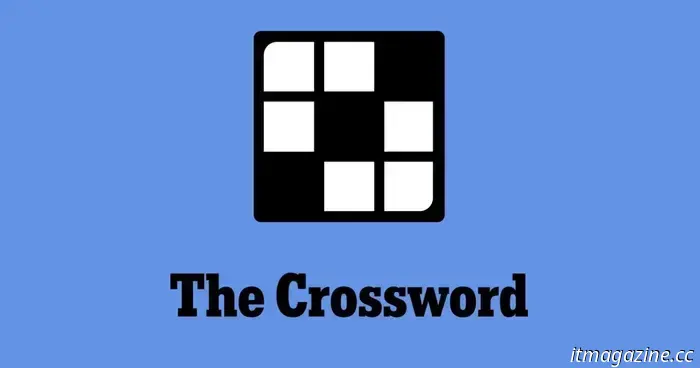 NYT Crossword: solutions for Sunday, May 4
The crossword puzzle in The New York Times can be challenging, even if it's not the Sunday edition! If you're facing difficulties, we're available to assist you with today’s clues and solutions.
NYT Crossword: solutions for Sunday, May 4
The crossword puzzle in The New York Times can be challenging, even if it's not the Sunday edition! If you're facing difficulties, we're available to assist you with today’s clues and solutions.
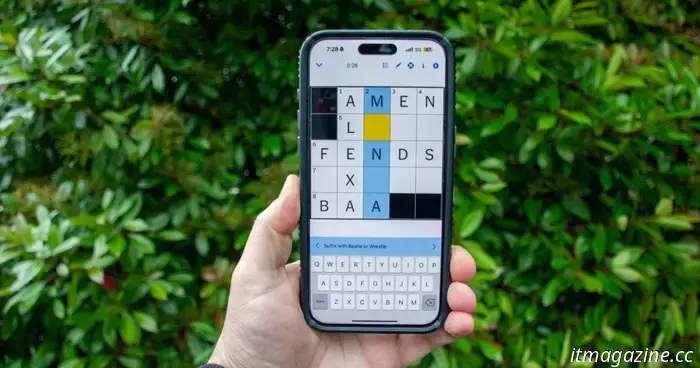 NYT Mini Crossword for today: answers for the puzzle on Sunday, May 4.
The NYT Mini crossword may be significantly smaller than a standard crossword, but it's still quite challenging. If you're having trouble with today's puzzle, we have the solutions for you.
NYT Mini Crossword for today: answers for the puzzle on Sunday, May 4.
The NYT Mini crossword may be significantly smaller than a standard crossword, but it's still quite challenging. If you're having trouble with today's puzzle, we have the solutions for you.
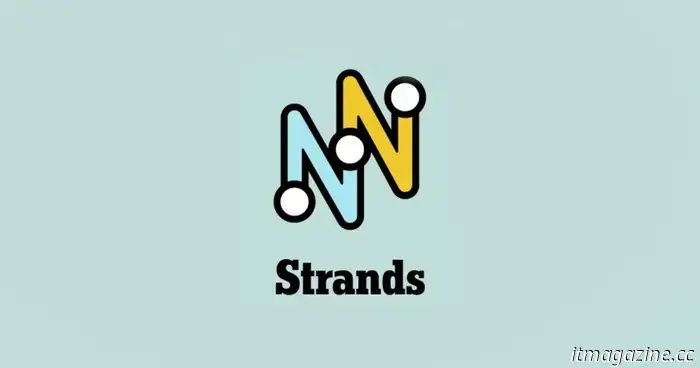 NYT Strands today: clues, spangram, and solutions for Sunday, May 4.
Strands offers a challenging twist on the traditional word search from NYT Games. If you're having difficulty and can't figure out today's puzzle, we've got assistance and clues for you right here.
NYT Strands today: clues, spangram, and solutions for Sunday, May 4.
Strands offers a challenging twist on the traditional word search from NYT Games. If you're having difficulty and can't figure out today's puzzle, we've got assistance and clues for you right here.
Can Google's latest AI experiment assist me in learning a language?
I'm eager to enhance my language abilities. Can a new AI tool from Google assist with that?
